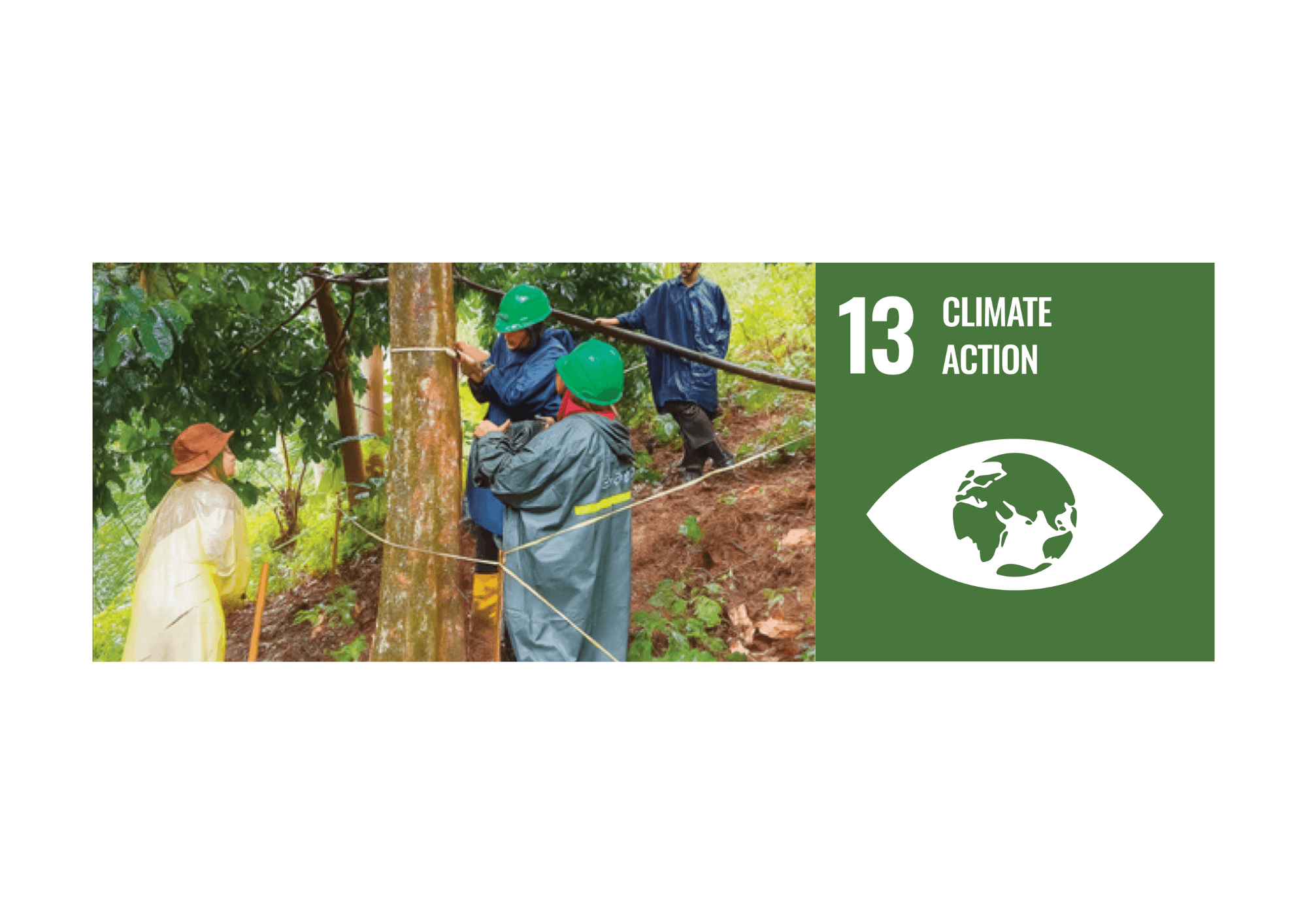Telkom University’s SDG 13 Report: Advancing Climate Action through Innovation, Research, and Technology
Through the SDGs Report 2024, Telkom University reinforces its environmental commitment by publishing progress against SDG 13 – Climate Action, both individually and as part of its comprehensive susta...

Through the SDGs Report 2024, Telkom University reinforces its environmental commitment by publishing progress against SDG 13 – Climate Action, both individually and as part of its comprehensive sustainability report. This publication underscores the university’s transparency and strategic dedication to addressing climate change through education, innovation, and technology-based solutions. By integrating climate action into its academic and research ecosystem, Telkom University continues to lead initiatives that reduce carbon emissions, enhance environmental awareness, and strengthen ecosystem resilience.
One of the university’s key initiatives is the development of a micro-sensor-based air pollution detection system by the Faculty of Electrical Engineering and the Physics Engineering Program. This device can measure fine particulate matter (PM2.5) and various gases, including CO, CO₂, SO₂, HCl, O₃, CH₄, and NOx. After undergoing calibration and validation processes, the data collected serves as an early warning system and a foundation for environmental policy and decision-making. This tool allows local authorities and communities to monitor air quality in real time and take proactive measures to reduce pollution levels, strengthening public health and environmental resilience.
Simultaneously, students from the Informatics Program created an innovative tool called the APSSBIET (River Trash Collector Based on IoT and Renewable Energy). Powered by solar energy and equipped with Internet of Things (IoT) technology, this invention enables remote monitoring and efficient river cleaning operations without disturbing aquatic ecosystems. The APSSBIET initiative reflects Telkom University’s commitment to developing renewable and sustainable technologies that promote environmental protection and climate adaptation.
In partnership with Telkom Group, Telkom University also participates in a carbon stock measurement program, which aims to both reduce carbon emissions and increase carbon reserves across diverse ecosystems in Indonesia. The project includes measurement activities at Telkom University’s Bandung campus as well as in coastal mangrove areas in Semarang and Garut. All carbon data collection follows the Indonesian National Standards (SNI 7724-2019 and SNI 7725-2019) and the UN Field Manual for Carbon Measurement, ensuring compliance with international best practices. Using a machine learning–based carbon calculator application, the program allows for efficient, accurate, and real-time monitoring of carbon absorption levels, enhancing data-driven environmental management.
According to Runik Machfiroh, Head of the SDGs Center Telkom University, this collaborative program not only supports corporate sustainability efforts but also raises awareness about the telecommunications sector’s vital role in combating climate change. The findings from this research strengthen Telkom University’s position as a national leader in environmental innovation, contributing significantly to Indonesia’s carbon reduction targets and sustainable development agenda.
Through these integrated efforts, Telkom University upholds the principle of Publication of SDG Reports – per SDG, ensuring transparent, accountable, and measurable documentation of its progress against SDG 13. By combining scientific research, renewable energy innovation, and ecosystem-based strategies, Telkom University continues to drive climate action initiatives that inspire change—paving the way for a cleaner, greener, and more resilient future.